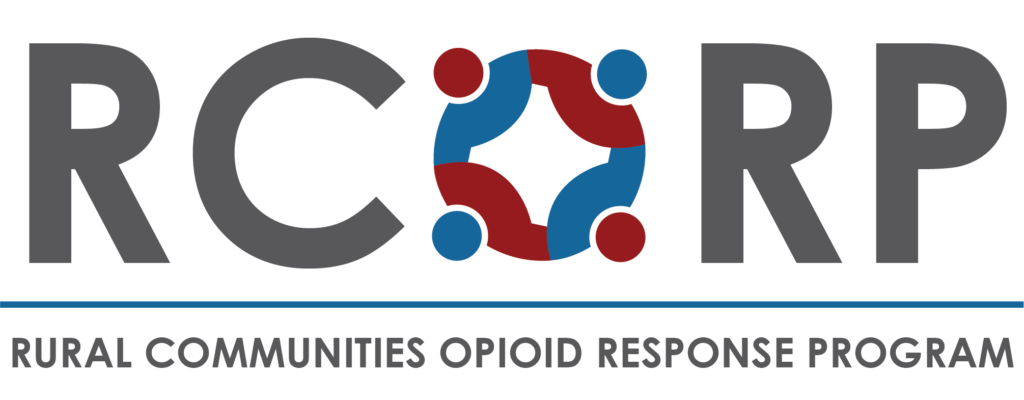(Arcari) Project Management – Sponsor Engagement
Engaging the sponsor for your recovery house project.
(Arcari) Project Management – Project Logs
Documents used for tracking decisions, changes, actions, and more in your recovery house project.
(Arcari) Project Management – Communication
Identifying and tracking project communications in your recovery house project.
(Arcari) Project Management – Kickoff Planning
Kicking off the project is a keypoint in your recovery house project.
Why Addiction is a Chronic Disorder
Webinar
Peer Recovery as an Evidence-Based Practice: From Science to Impact
The presentation focuses on how peer recovery models of care can help rural recovery communities from three perspectives. Dr. Kelly explains his research from the Recovery Research Institute on peer recovery centers, and reviews the evidence behind how these centers support and encourage long-term recovery. Dr. Depman addresses strategies, benefits, and challenges incorporating peer recovery models of care into that setting for OUD and AUD, based on his experience utilizing peer recovery coaches in the Emergency Department (ED) at Central Vermont Medical Center, a community hospital serving a rural population. Liza Ryan–a certified peer recovery coach in rural Lamoille County, VT, and a person in recovery for over 7 years–explains how her work is affected by serving a rural community.
Improving Prevention and Care Outcomes for LGBTQ People: Safer Spaces and Better Data Collection
This article describes key points in a presentation given by Dr. Blosnich (Assistant Professor and Director of the Center for LGBTQ+ Health Equity at the University of Southern California’s Suzanne Dworak-Peck School of Social Work). Dr. Blosnich discussed “how LGBTQ people with SUD contend not just with stigma related to SUD, but with stigma related to sexual orientation and gender identity (SOGI), which can be unintentionally yet overtly part of the health care experience in rural areas.”
For Two Award Winning Authors, Community is Crucial to Overcoming the Opioid Crisis

This article summarizes important points from the keynote speeches given by two award-winning authors at the Taking Action Summit in 2022.
“Sam Quinones and Beth Macy have spent much of their careers as journalists and authors covering this nation’s overdose crisis. Quinones’s works include his bestseller Dreamland and new book The Least of Us, and Macy’s include her bestseller Dopesick, which became a series on Hulu, and recently released Raising Lazarus. Although these authors have focused on different aspects of the crisis, in their keynote speeches they shared an overarching conviction. Community engagement—and the sense of purpose and belonging it gives rise to—is capable of turning the tide.”
Crossing Miles to Save Lives: Touchless Naloxone Delivery in Rural Communities
Naloxone can counteract the life-threatening effects of an opioid overdose. As communities confront overdoses involving synthetic opioids that may require higher doses of naloxone, naloxone distribution is critical.
In this webinar, Gloria Baciewicz (Strong Recovery) and Patrick Seche (UR Medicine Recovery Center of Excellence) discuss targeted naloxone distribution, including how to establish a program, addressing how to become a registered program, how to get trained, how to provide training, how to acquire naloxone for distribution, how to distribute it to trained providers, and innovative methods for remote/virtual training and “no touch” delivery (e.g., by mail) to expand access to naloxone in rural areas.
A Campaign to Reduce Stigma
“Individuals impacted by opioid use disorder (OUD) met with artist Charmaine Wheatley to have their portraits painted. These portraits include the words of these Appalachian community members to humanize the crisis, thereby reducing the stigma associated with OUD.”

